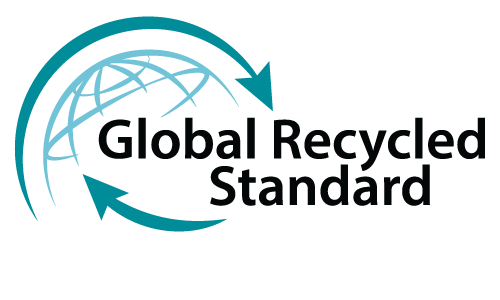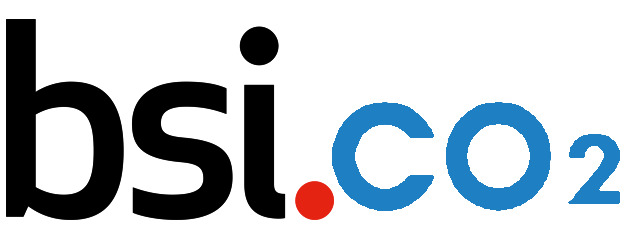
BLUESIGN
The Bluesign® standard offers an independent approval system for the textile industry, which takes into account the entire production process, minimizing the impact on the environment, protecting human health and increasing competitiveness and innovation.

OEKO TEX
The Oeko Tex brand highlights the use of technologies, processes and products that minimize the environmental impact, through an annual verification of compliance with the strict ecological requirements defined by the International Institute for Research in the field of textile ecology. The tests carried out on these articles, according to STANDARD 100 by OEKO ‑ TEX®, Appendix 4, Class I articles for babies, it appears that the human-ecological requirements, currently in force and established by STANDARD 100 by OEKO ‑ TEX®, Appendix 4, have been respected.

GLOBAL RECYCLED STANDARD
Product and process certification: according to the Global Recycle Standard, it certifies products made from recycled materials and manufacturing activities. It enhances the value of products made from recycled materials, respecting environmental and social criteria extended to all stages of the production chain.

VF CERTIFICATION
VF certification are terms of Engagement make it clear that contracted factories must conduct business in full compliance with all applicable laws, rules and regulations and comply with the terms of our Global Compliance Principles.

HIGG INDEX
The Higg Index is an apparel and footwear industry self-assessment standard to rate environment and social sustainability throughout the supply chain. It was launched in 2012 by Sustainable Apparel Coalition (SAC), a nonprofit organization of more than 270 fashion brands/retailers, manufacturers, academic institutions, affiliates, NGOs and governments.

bsi.CO2
With the UK government committed to reducing the UK's total greenhouse gas emissions by 60% by 2050, measuring and reporting an organization's carbon footprint is becoming a priority. bsi.co2 is fundamental to provide credibility, reassuring internal and external stakeholders that the carbon footprint of your organization is accurate, complete and compliant with the major standards.